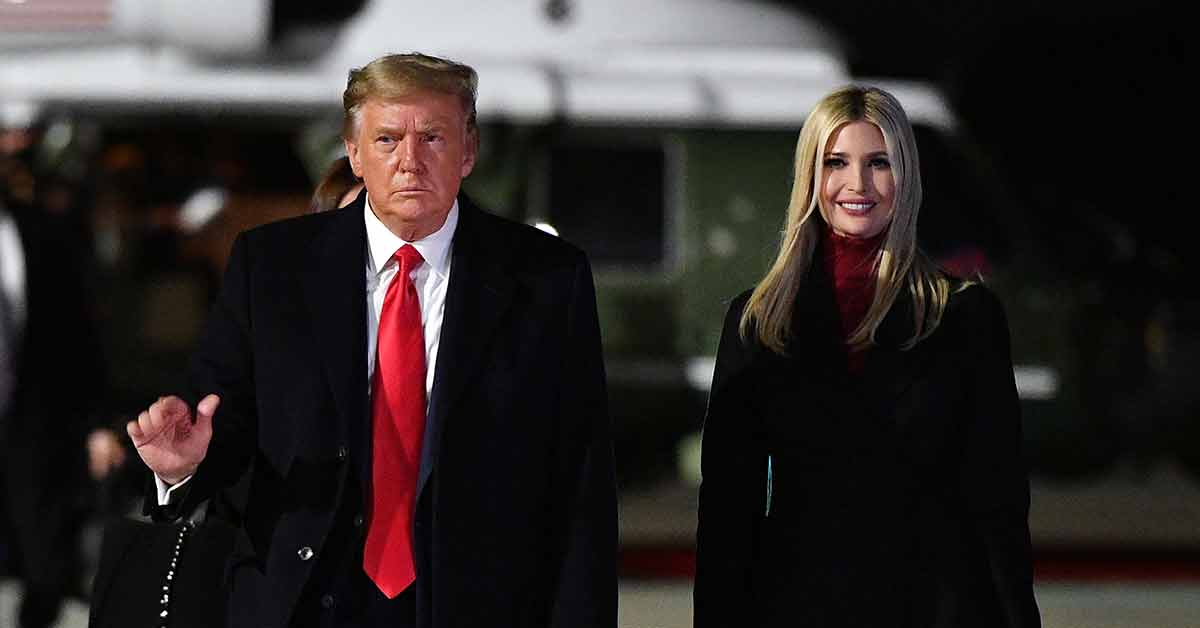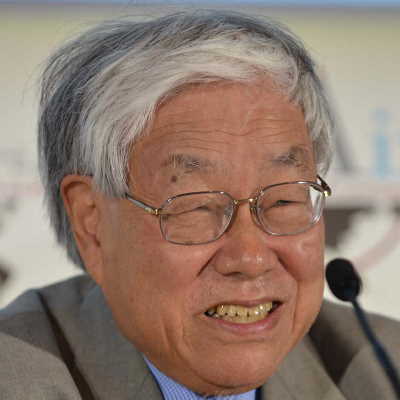In his victory speech in November, United States (US) President-elect Joe Biden promised to reach across the aisle, work with Republicans, and unite the country. Two months later, outgoing President Donald Trump still has not conceded.
The effort won’t prevent Biden from being inaugurated this month, but it does demonstrate just how polarised the United States is – and the threat this poses to America’s democracy.
To be sure, the US Constitution has proved hardy over the last four years. Since the presidential election two months ago, Trump and his Republican allies have filed more than 50 lawsuits challenging the results. They have lost all of them, with even the Supreme Court – which Trump has packed with right-wing justices – ruling against them.
Nonetheless, the lengths to which Trump loyalists have been willing to go to for him, together with the support he still enjoys among voters, raise serious questions about the state of American society. After all, polarisation in America today is not fuelled by disagreement over, say, which tax policies would do the most good for Americans and their economy. Such debates are the lifeblood of democratic politics. But they seem to have been abandoned in favour of disputes over reality itself – with deadly consequences.
Consider the COVID-19 pandemic. From the beginning, Trump played down the severity of the coronavirus, despite knowing better. Moreover, he has repeatedly endorsed unproven treatments, while refusing to support the mandatory use of proven preventive measures, like mask wearing. Over 350,000 Americans have died.
Yet many of Trump’s supporters remain as loyal as ever. More than 74 million Americans voted for Trump in November, compared to 81 million for Biden. And, though Trump and his allies have put forward no evidence of electoral fraud, only one-quarter of Republicans say they trust the results of the recent vote.
Yet this should not be particularly surprising. From asserting that special counsel Robert Mueller’s investigation into Russian interference in the 2016 election “completely and totally exonerated” him to claiming that water-conservation restrictions force people to flush their toilets 10-15 times instead of once, Trump’s go-to strategy throughout his political career has been simply to make things up. Republicans have willingly echoed his lies, and conservative media have amplified and built on them.
For the last four years, that job has fallen primarily to Fox News, Trump’s number one cheerleader and megaphone. More recently, however, Trump has lashed out at the network, which he believes has been insufficiently loyal in its election coverage, and embraced even more extreme outlets, such as Newsmax and One America News Network.
Such media allies could pave the way for a political comeback. Trump has already discussed running for president again in 2024, and there is speculation about his daughter Ivanka Trump’s political ambitions. But it doesn’t have to be a Trump who takes up the mantle of right-wing populism, nationalism, and authoritarianism in the US; a figure from outside the family could also emerge to fill this role, possibly much more deftly than Trump.
The best way to mitigate this risk is to close the cognitive gap that is distorting US political discourse, returning Americans to a shared reality. The question is how. After all, plenty of existing media outlets – including legacy newspapers like The Washington Post and The New York Times, as well as mainstream American television networks like CNN – already provide fact-based, data-driven journalism. Many simply don’t listen.
Instead, Trump and his supporters decry the “mainstream media” for pushing a “liberal agenda,” which includes, for example, recognising and exposing racial injustice and other forms of discrimination. But this approach is only as radical as democracy itself, and has contributed significantly to American social progress, particularly since the civil rights movement of the 1950s and 1960s.
Even so, a significant share of people – especially those who benefit from biased systems – will resist social progress, regardless of how strong a case the media make for it. And they will embrace political leaders and news sources that provide an alternate reality in which their position is rationalised, defended, and shared.
This is hardly a uniquely American phenomenon. In Japan, progress toward gender equality has been slow, despite the obvious benefits of increasing female labour-force participation amid rapid populating aging. Nearly eight years ago, then-Prime Minister Shinzo Abe made policies aimed at reaping those benefits – dubbed “womenomics” – a pillar of his “Abenomics” strategy for economic revitalisation. But Japan still has a long way to go, owing largely to social resistance.
Overcoming such resistance to progress – in the US, Japan, and elsewhere – will require not just information, but persuasion. Communication must be painstaking, non-threatening, and people-oriented, aimed not at telling people they are wrong, but at influencing how they perceive the issue.
Biden cannot do this alone. It must be a bipartisan effort, led by America’s most senior political leaders. Fortunately, the latest COVID-19 relief package, which passed with overwhelming bipartisan support despite Trump’s objections, offers reason for hope that this is possible. Whether such compromises will continue into Biden’s presidency remains to be seen.
Republicans and Democrats will never agree on everything, as well they shouldn’t: a vibrant democracy depends on spirited debate. But they should agree on empirical facts. Only then can they devise policies in good faith, find broadly beneficial compromises, and protect US democracy from would-be authoritarians eager to exploit Americans’ cognitive divide.
Related Articles:

